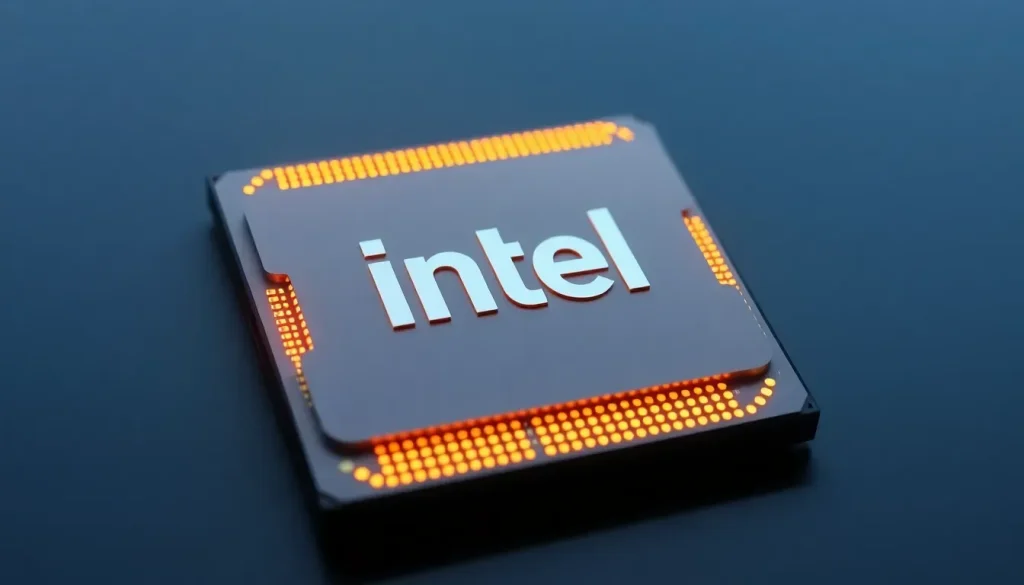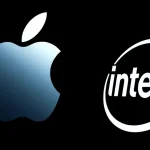Intel price increase for Raptor Lake CPUs exposed in leak

As the tech world continues to evolve, shifts in pricing and product availability can significantly impact consumer choices. Recent leaks from industry insiders have unveiled troubling news for those in the market for Intel CPUs, particularly the popular Raptor Lake series. With growing concerns over pricing and performance, it's essential to understand the implications of these changes.
New reports indicate that Intel is planning to increase the prices of its Raptor Lake processors, which were initially released in 2022. This decision, stemming from various market dynamics, adds a layer of complexity for PC builders and consumers alike.
Details of the Intel price hike
According to a leak from the Taiwanese publication DigiTimes, Intel is poised to implement a significant price increase of approximately 10 percent on its Raptor Lake CPUs. These processors have remained popular due to their performance in both gaming and productivity applications, making them a staple for many PC builds.
The timing of this leak is particularly noteworthy, coming shortly after reports of rising RAM prices. This combination of factors raises concerns about affordability in the consumer tech market, especially for those looking to build or upgrade their systems.
Underlying reasons for the price increase
Industry analysts suggest that the price hike is a response to poor sales performance of Intel’s newer CPU lineups, particularly the 'AI' CPUs and PCs that have struggled to capture consumer interest. Despite the release of the Core Ultra Arrow Lake CPUs, many users have shown a preference for the older Raptor Lake models due to their proven performance.
- The Core Ultra Arrow Lake CPUs have not delivered the expected performance improvements.
- In several benchmark tests, Raptor Lake processors have outperformed the newer offerings.
- Consumer indifference towards the new Intel CPUs has led to disappointing sales figures.
This situation emphasizes the disconnect between Intel's development focus and actual consumer needs, leading to a potential shift in market dynamics as buyers reconsider their options.
Performance comparisons: Raptor Lake vs. Arrow Lake
Benchmark tests consistently show that despite advancements in efficiency, the older Raptor Lake CPUs frequently outperform the newer Arrow Lake models. For instance, in performance tests for popular games like Final Fantasy XIV: Dawntrail, the Intel Core i9-14900K demonstrated superior results compared to the Intel Core Ultra 9 285K.
This performance gap raises questions about the value proposition of the new CPUs, as consumers may be reluctant to pay a premium for products that do not offer significant enhancements over their predecessors.
Impact on retailers and consumer choices
The impending price increases will pose a dilemma for tech retailers. They will have to determine whether to absorb the additional costs or pass them on to consumers. This decision will likely affect sales dynamics, particularly for the Raptor Lake series, which has been outselling the newer Core Ultra line.
- Retailers may face declining sales if prices rise significantly.
- Consumers may turn to alternatives, such as AMD processors, which currently offer competitive performance.
- The overall trend suggests a potential shift in market preferences as consumers seek value.
Given the competitive landscape, consumers are increasingly looking for options that offer both affordability and performance, further complicating Intel's position in the market.
Future of Intel CPUs: What lies ahead?
Looking forward, Intel's roadmap appears uncertain. Apart from a potential refresh of Arrow Lake CPUs, there is little to entice consumers in the near future. This gap in innovative offerings may lead to further erosion of market share as AMD and other competitors continue to gain traction.
In this context, it’s vital for Intel to reassess its product strategy to align more closely with consumer expectations and performance demands. Failure to do so could result in a long-term decline in their market dominance.
Consumer sentiment and market trends
The current sentiment among consumers leans towards skepticism regarding Intel's pricing and product performance. Many users have voiced their frustrations on forums and social media, highlighting the disconnect between Intel's marketing and the actual utility of their products.
- Increased consumer awareness of performance benchmarks.
- Growing preference for competitive alternatives in the CPU market.
- Heightened scrutiny regarding price-to-performance ratios.
This shift in consumer mindset is reflective of a broader trend in the tech industry, where users are more informed and willing to explore alternatives that offer better value.
For those interested in a deeper dive into Intel's current challenges, there are various discussions and analyses available online. One such video that examines the latest Intel leaks is available here:
As the landscape continues to evolve, both consumers and retailers will need to stay informed about these changes to make the best decisions for their technology needs.




Leave a Reply